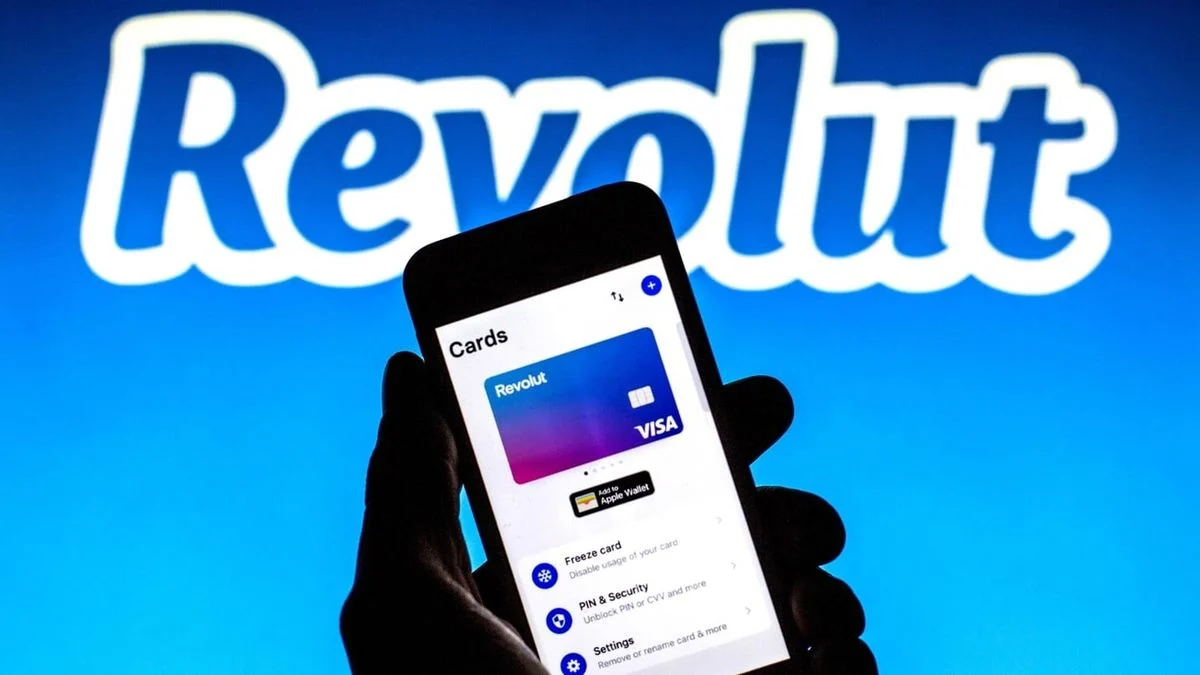Revolut, the UK-based fintech giant, has finally secured a UK banking licence after a three-year wait, marking a significant milestone for the company and the broader neobank sector. The licence allows Revolut to offer comprehensive banking services, including overdrafts, loans, and savings products, alongside deposit insurance protection of up to £85,000 for its UK customers.
Revolut first applied for this licence in January 2021, facing a prolonged approval process due to regulatory concerns about its accounts. However, with steadfast support from politicians and a clean audit opinion in its latest financial report, Revolut has overcome these hurdles. Former Chancellor Jeremy Hunt praised the company, calling it a “shining example” of the UK’s fintech prowess.
CEO Nik Storonsky expressed his enthusiasm about the achievement, describing it as an “important milestone” in Revolut’s journey to becoming the bank of choice for UK customers. The company’s next step involves completing a “mobilisation stage,” which involves rigorous system testing before a full launch. This stage can take up to 12 months, but it might be completed in just a few months according to the Bank of England
Revolut’s acquisition of the UK banking licence positions it among other successful neobanks like Monzo, Starling, and Atom, which have held their licences for several years. This new status not only allows Revolut to expand its product offerings but also enhances its legitimacy and competitive edge in the financial market
The announcement comes on the heels of Revolut’s record-breaking profits for 2023, with a pre-tax profit of $545 million. This financial success has bolstered confidence in Revolut’s ability to meet regulatory standards and deliver robust banking services.
In addition to securing the licence, Revolut plans to significantly expand its workforce in London, aiming to hire around 1,700 new employees over the next year. This expansion aligns with the company’s growth strategy and its aim to solidify its footprint in the UK banking sector.
With its new banking licence, Revolut is set to accelerate its integration into mainstream finance, reshaping the landscape of traditional banking and offering more choices to consumers. The company’s valuation, which is expected to rise to $45 billion, underscores its growing influence and potential to disrupt established financial institutions.
